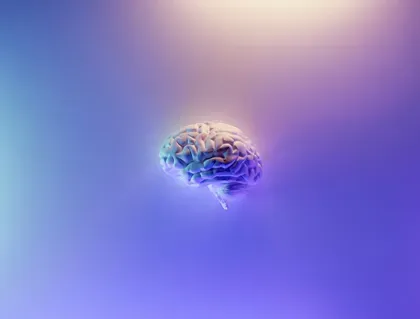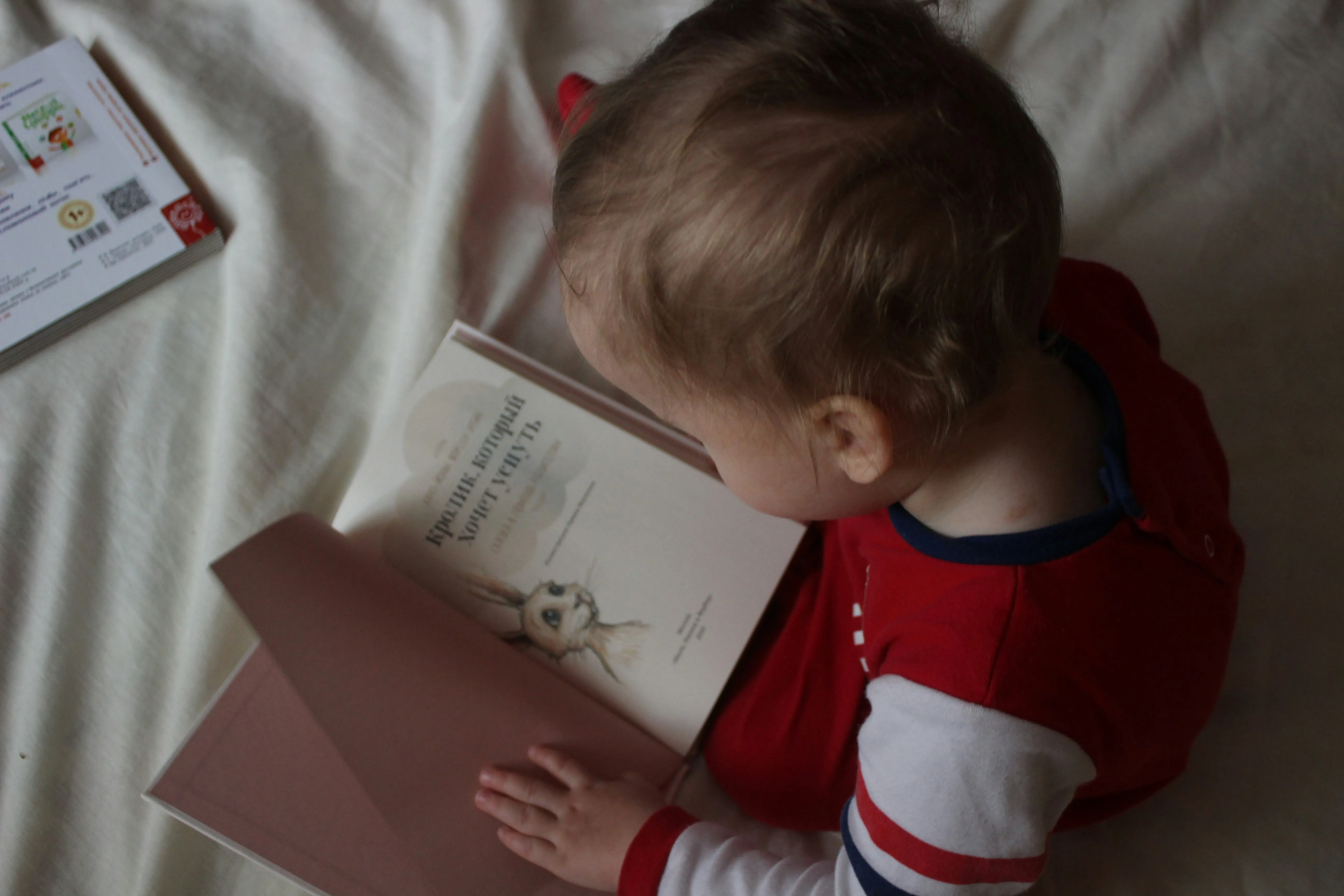Unleash Your Potential with Polymath Life-long Learning
Polymath Life-long Learning: The Key to Continuous Growth
In today's fast-paced and ever-changing world, personal success relies heavily on life-long learning. The concept of being a polymath, someone who possesses knowledge and skills in various fields, has gained increasing recognition. Embracing polymathy and life-long learning is not only beneficial for personal growth, but it also fosters an open mind and adaptability, two essential qualities in the 21st century. In this blog, we will explore the significance of polymathy in modern education, the power of polymathic thinking in child education, the role of personalized learning paths, the traits of polymaths, and the future of polymathy and life-long learning. By delving into these topics, we hope to highlight the importance of continuous learning and versatility in today's dynamic world.
Embracing Polymathy and Life-long Learning
Life-long learning and polymathy are closely linked concepts that contribute to personal success. A life-long learner possesses an open mind and an insatiable desire for knowledge, continuously seeking new ideas and skills throughout their lives. Embracing polymathy, the pursuit of knowledge across various fields, enhances personal growth and fosters adaptability and resilience. By embracing life-long learning and polymathy, individuals open themselves up to new opportunities, cultivate versatility, and develop a broad knowledge base that can be applied in different contexts.
The Significance of Polymathy in Modern Education
In modern education, the significance of polymathy cannot be overstated. Traditionally, higher education has focused on specialization, encouraging students to become experts in specific fields. However, the rapidly changing landscape of the 21st century calls for a more versatile approach. Embracing polymathy allows students to explore various fields, learning from different perspectives, and integrating knowledge from different disciplines. This approach mirrors the mindset of polymaths like Leonardo da Vinci, who excelled in multiple fields, from art to science to engineering. By encouraging polymathy, modern education enriches students' learning experiences, promotes critical thinking skills, and equips them with the adaptability needed to thrive in an ever-evolving world.
Lifelong Learning: A Foundation for Versatility
Lifelong learning serves as a foundation for versatility, personal growth, and continuous success. By embracing continuous learning, individuals cultivate a mindset of adaptability, resilience, and personal growth. Lifelong learning enables individuals to acquire new skills, adapt to changing circumstances, and navigate complex problems. Moreover, continuous learning fosters versatility, enabling individuals to explore different fields, collaborate with diverse groups of people, and approach challenges from various perspectives. In the 21st century, where automation and artificial intelligence are reshaping industries, versatility is a valuable asset that allows individuals to pivot, learn new skills, and pursue new opportunities. By making lifelong learning a priority, individuals can stay relevant, adapt to change, and continuously contribute to their personal success.
The Power of Polymathic Thinking in Child Education
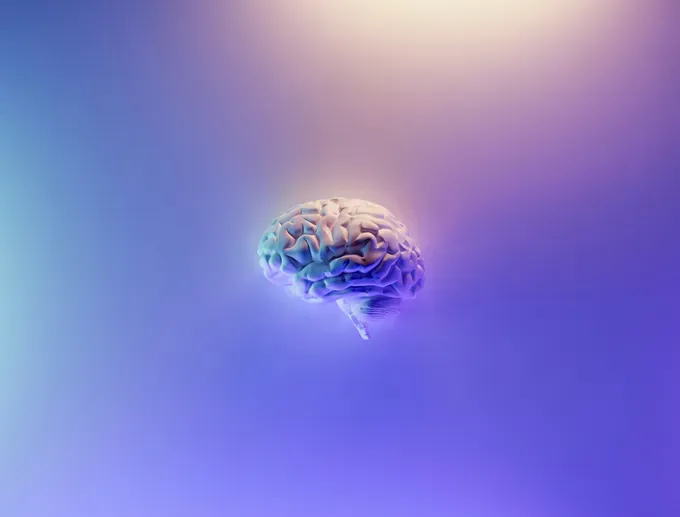
Child education plays a critical role in instilling essential skills and mindsets for lifelong success. Embracing polymathic thinking in child education fosters critical thinking, creativity, and adaptability. By encouraging children to explore various fields, think critically, and approach problems from different perspectives, polymathic thinking nurtures lifelong learning habits. It ignites curiosity, promotes personal growth, and lays the foundation for adaptability in the face of future challenges. In today's rapidly changing world, where new ideas and complex problems demand innovative solutions, polymathic thinking in child education equips young learners with the skills and mindset to thrive.
Instilling Creativity and Innovation
Instilling creativity and innovation are key aspects of polymathic thinking in child education. By nurturing creativity, children are encouraged to think outside the box, explore new ideas, and approach problems with fresh perspectives. Polymathic thinking fosters open-mindedness, allowing children to embrace new concepts, appreciate different viewpoints, and find innovative solutions to complex problems. Here are a few ways polymathic thinking contributes to creativity and innovation in child education:
- Encouraging interdisciplinary learning, where children explore connections between different subjects and fields, fostering a mindset of integration and synthesis.
- Providing opportunities for hands-on exploration, experimentation, and project-based learning, allowing children to actively engage with their learning.
- Promoting divergent thinking, where children are encouraged to generate multiple ideas and consider different approaches to solving problems.
- Offering exposure to diverse cultural experiences, literature, and art, broadening children's perspectives and inspiring creativity.
- By instilling creativity and innovation through polymathic thinking, child education sets the stage for continuous personal growth and success.
Fostering Critical Thinking and Problem-Solving Skills

Fostering critical thinking and problem-solving skills is a fundamental aspect of polymathic thinking in child education. Polymathic thinking encourages children to approach problems with curiosity, analyze information critically, and develop effective solutions. By nurturing critical thinking skills, child education equips young learners with the ability to evaluate evidence, consider different viewpoints, and make informed decisions. This mindset prepares children to navigate complex problems and adapt to new challenges. Here are a few ways polymathic thinking fosters critical thinking and problem-solving skills in child education:
- Emphasizing inquiry-based learning, where children are encouraged to ask questions, seek answers, and develop their problem-solving skills.
- Providing opportunities for collaborative learning, where children engage in discussions, share ideas, and work together to find solutions.
- Integrating real-world scenarios into the learning process, allowing children to apply their knowledge and skills to practical situations.
- Encouraging reflection and self-assessment, enabling children to evaluate their problem-solving strategies, identify areas for improvement, and learn from their experiences.
- By fostering critical thinking and problem-solving skills through polymathic thinking, child education empowers young learners to approach challenges with confidence and adaptability.
The Role of Personalized Learning Paths in Polymathy
Personalized learning paths play a vital role in the development of polymathy in individuals. The polymath approach recognizes that each learner has unique strengths, interests, and learning styles. By tailoring learning experiences to individual needs, personalized learning paths harness the power of technology, particularly artificial intelligence, to provide customized educational journeys. This approach enables learners to explore various fields, delve deeper into their areas of interest, and develop a well-rounded knowledge base. By leveraging the benefits of personalized learning, individuals can embark on their polymathic journeys, blending interdisciplinary knowledge, and continuously expanding their horizons.
The Influence of AI in Crafting Unique Learning Journeys
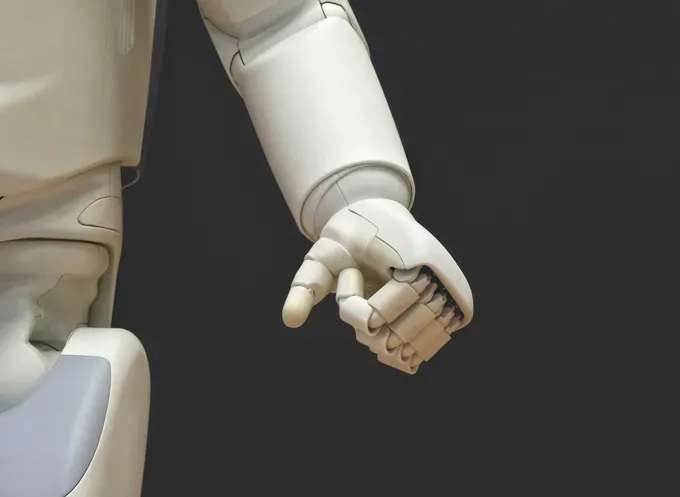
AI has a profound influence on crafting unique learning journeys tailored to individual learners. Machine learning algorithms analyze learner data, identifying strengths, weaknesses, and learning preferences, to create personalized learning experiences. By harnessing AI, personalized learning platforms adapt content, pace, and instructional strategies to match learners' specific needs, ensuring engagement and efficacy. AI's ability to process vast amounts of data and provide real-time feedback enables learners to explore various fields, delve into complex topics, and continuously adapt their learning experiences. By incorporating AI into the learning journey, individuals are empowered to pursue polymathy, leveraging technology to enhance their knowledge acquisition, critical thinking skills, and personal growth.
- H3: Encouraging Personal Growth and Continuous Learning (120-150 words, NLP terms: personal growth, lifelong learning, continuous learning)
- Personal growth and continuous learning are at the heart of polymathy. By embracing personal growth through lifelong and continuous learning, individuals develop the skills, mindset, and adaptability needed for success in the 21st century. Encouraging personal growth and continuous learning allows individuals to:
- Expand their knowledge base, continuously acquiring new skills and expertise.
- Foster resilience, adapting to new challenges and changes in various fields.
- Cultivate versatility, enabling the application of knowledge across different domains.
- Develop critical thinking skills, equipping individuals to approach complex problems.
- Embrace lifelong learning, nurturing a love for knowledge and personal growth.
- By encouraging personal growth and continuous learning, polymathy becomes an integral part of an individual's journey towards success in an ever-changing world.
Encouraging Personal Growth and Continuous Learning
Encouraging personal growth and continuous learning is essential for fostering adaptability and mastery of new skills. Personalized learning paths play a crucial role in stimulating personal growth through experiential learning, supporting lifelong learning, and resilience. This approach encourages versatility in learners' knowledge base, nurturing personal growth for long-term success. By embracing continuous learning, individuals can develop the resilience and adaptability needed to thrive in the constantly evolving landscape of modern education and work environments.
The Polymath Advantage in the 21st Century
In the dynamic landscape of the 21st century, the polymath advantage is invaluable. The ability to adapt, learn new skills, and approach complex problems from different angles is essential for success. Polymaths possess the versatility and adaptability necessary to thrive in an ever-evolving job market, where automation and artificial intelligence continue to reshape industries. By embracing polymathy, individuals gain a competitive edge, combining deep knowledge in various fields with critical thinking, problem-solving, and creativity. The polymath advantage allows individuals to navigate the complexities of the 21st century, contribute diverse perspectives, and adapt to new opportunities.
Adapting to a Dynamic Job Market
The job market is continually evolving, driven by technological advancements and changing industry landscapes. In such a dynamic environment, adaptability is crucial. Polymaths, with their diverse skill sets and broad knowledge base, have a significant advantage. They can adapt to new roles, acquire new skills, and thrive in various fields. The polymathic mindset promotes continuous learning, enabling individuals to stay ahead of industry trends, embrace new technologies, and bring unique insights to any workplace. As automation and AI reshape the job market, polymathic individuals are better positioned to navigate these changes, developing new skills, and finding new opportunities for personal growth and success.
The Rise of Artificial Intelligence and Its Complementarity with Polymathy

With the rise of artificial intelligence and automation, polymathy becomes even more crucial in the fourth industrial revolution. While AI excels at processing and analyzing vast amounts of data, it is still limited in terms of creativity, complex problem-solving, and contextual understanding. Polymathy, on the other hand, combines deep knowledge across different fields, fostering critical thinking, creativity, and adaptability. The complementary relationship between polymathy and AI allows polymaths to generate unique perspectives, bridge disciplines, and find creative solutions to complex problems. As AI continues to revolutionize industries, individuals who embrace polymathy will play a vital role in leveraging AI's capabilities, infusing human insight, and driving innovation.
Traits and Characteristics of Polymaths
Polymaths, throughout history, have exhibited remarkable traits and characteristics that set them apart. Visionary polymaths like Leonardo da Vinci and Benjamin Franklin embodied the pursuit of knowledge across various fields, combining diverse interests, and fostering continuous learning. Some common traits of polymaths include:
- Love for learning: Polymaths are driven by a lifelong thirst for knowledge and continuous personal growth.
- Curiosity: They possess a deep curiosity about the world, constantly exploring new ideas and fields.
- Adaptability: Polymaths adapt to different contexts, applying their knowledge in various fields and circumstances.
- Critical thinking: They excel at thinking critically, analyzing complex problems, and developing innovative solutions.
- Versatility: Polymaths have a broad range of skills, enabling them to approach different fields effortlessly.
- These traits contribute to the polymathic mindset and position individuals for success in a dynamic, knowledge-driven world.
Love for Learning: The Core Trait of Polymaths
The love for learning is the core trait that defines polymaths. Polymaths, like Leonardo da Vinci, embody an insatiable curiosity and thirst for knowledge that drives their continuous pursuit of learning. Their love for learning transcends disciplinary boundaries, as they seek to explore various fields, connect diverse ideas, and make new discoveries. This passion for knowledge fuels personal growth, nurtures critical thinking, and enables polymaths to develop deep expertise in multiple fields. By embracing a love for learning, individuals foster the polymathic mindset, open themselves up to new ideas, and embark on a lifelong journey of continuous personal growth.
The Autodidacts: Self-Taught Polymaths
Autodidacts, or self-taught polymaths, exemplify the pursuit of knowledge beyond traditional education. They embody the polymathic mindset, fueled by a love for learning and an innate curiosity about the world. Autodidacts are not limited to a single discipline, as they explore various fields, acquire skills independently, and become masters of many trades. By leveraging the internet, online courses, books, and other educational resources, self-taught polymaths break free from the constraints of traditional education, cultivating a broad knowledge base and continuous personal growth. The autodidactic approach empowers individuals to embrace new skills, think critically, and adapt to new challenges, epitomizing the polymathic mindset of versatility, resilience, and lifelong learning.
Transforming Education: The Polymathic Approach
Transforming education involves embracing the polymathic approach, which prioritizes interdisciplinary learning, critical thinking, and experiential learning. By adopting a polymathic approach, education enables students to develop a versatile knowledge base, fostering adaptability, resilience, and continuous personal growth. The polymathic approach encourages students to make connections between different fields, promoting creativity, innovation, and problem-solving skills. By emphasizing experiential learning, such as hands-on projects, real-world applications, and reflective thinking, education prepares students to tackle complex problems, apply their knowledge, and adapt to future challenges.
Polymaths in Today's World: Case Studies
Polymaths exemplify versatility, adaptability, and continuous learning, thriving in various fields and making significant contributions to society. Let's explore a few case studies of polymaths in today's world:
- Elon Musk: From founding SpaceX, Tesla, Neuralink, and The Boring Company, Elon Musk's polymathic mindset has enabled him to revolutionize multiple industries, combining his expertise in engineering, technology, and entrepreneurship.
- Develops electric vehicles, renewable energy solutions, and space exploration technologies, pushing the boundaries of innovation.
- Bridges different fields, such as sustainable transportation, artificial intelligence, and aerospace, driving advancements across domains.
- Social media influencers: Many social media influencers, particularly those who succeed in different niches, showcase polymathic qualities, combining skills such as content creation, marketing, business strategy, and personal branding.
- Create diverse content, engaging with different audiences, and leveraging their knowledge in various fields.
- Apply creativity, entrepreneurship, and adaptability to navigate the ever-changing social media landscape.
- These case studies demonstrate the impact of polymathy in today's world, highlighting the versatility, adaptability, and success polymaths can achieve across different fields.
The Journey to Becoming a Polymath: Steps to Take
Embarking on the journey of becoming a polymath requires the right mindset, commitment, and continuous learning. Here are some steps to take for individuals aspiring to become polymaths:
- Embrace an open mind: Be open to new ideas, diverse fields, and different perspectives. Cultivate curiosity and a thirst for knowledge.
- Pursue interdisciplinary learning: Explore various fields, seeking connections between different disciplines. Engage in online courses, workshops, and read broadly.
- Develop a growth mindset: Embrace challenges, view failures as opportunities for learning, and believe in your ability to acquire new skills and knowledge.
- Seek out diverse experiences: Engage in hands-on projects, experiential learning, and immerse yourself in different contexts. Embrace learning from failures and successes alike.
- Stay committed to continuous learning: Dedicate time to learning every day, set learning goals, and prioritize personal growth throughout your life.
- By following these steps, individuals can embark on their polymathic journey, cultivating versatility, adaptability, and continuous personal growth.
The Future of Polymathy and Lifelong Learning
Preparing Children for a Polymathic Future:
As we look ahead, it's important to consider how to prepare the next generation for a future that values versatility and continuous learning. With the rise of artificial intelligence and the dynamic job market, instilling a love for learning and promoting a polymathic approach will be crucial. Embracing personalized learning paths, nurturing creativity, and encouraging critical thinking will equip children to thrive in the era of AI, machine learning, and the ever-evolving landscape of higher education and work. This approach will help them adapt and succeed in an environment that highly values individuals with a multitude of skills and knowledge.
Preparing Children for a Polymathic Future
In shaping a polymathic future for children, cultivating adaptability, resilience, and versatility is paramount. Embracing experiential learning and critical thinking establishes the groundwork for a polymathic approach, empowering children to thrive in a dynamic, 21st-century world. By nurturing open-mindedness and fostering a lifelong pursuit of knowledge, polymathy instills the mindset necessary for navigating new ideas and complex problems. This preparation equips children with the skills needed to embrace and conquer the challenges of the future.
What Impact Can a Polymathic Approach Have on a Child's Future?
A polymathic approach can have a profound impact on a child's future. By encouraging critical thinking, fostering adaptability and resilience, promoting empathy, cultivating a mindset of continuous learning, and preparing children to tackle complex problems in various fields, polymathy equips them with the skills necessary for success in the 21st century.
Frequently Asked Questions
How do polymaths learn so much?
Polymaths learn so much by embracing lifelong learning, continuous exploration, and critical thinking. They cultivate a broad knowledge base by continuously expanding their interests, reading extensively, and seeking new learning opportunities. While memorization plays a part, polymaths value understanding and integrating knowledge across different fields rather than simply memorizing facts. By making connections between different domains, polymaths develop a comprehensive understanding that allows them to approach problems creatively and find innovative solutions. Beyond memorization, polymaths prioritize critical thinking, which enables them to apply their knowledge contextually, adapt to new situations, and contribute unique insights.
How do you tell if you're a polymath?
Identifying if you are a polymath involves recognizing your interests, skills, and abilities in various fields. Signs that you might be a polymath include:
- Having a wide range of interests and passions, often outside of your primary field of expertise.
- Demonstrating mastery or a substantial knowledge base in multiple fields, surpassing the level of a generalist.
- Possessing the ability to connect ideas, concepts, and knowledge from different domains.
- Feeling a continuous need for intellectual stimulation and yearning to explore new subjects.
- Thriving in interdisciplinary environments, enjoying collaboration with diverse groups of individuals.
- While identifying as a polymath is not necessary, embracing continuous learning, exploring various fields, and developing transferable skills can cultivate the mindset of a polymath, enabling personal growth and adaptability.
What are the benefits of being a polymath?
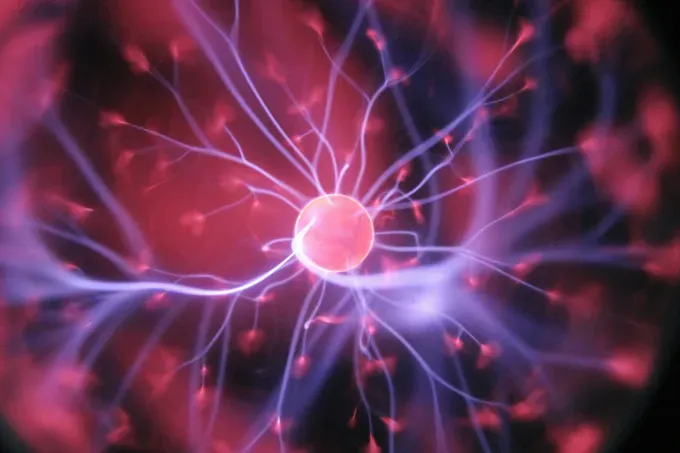
Being a polymath offers a multitude of benefits. It allows individuals to possess a diverse range of skills and knowledge, making them adaptable in various fields. Polymaths excel in problem-solving and creativity, while their thirst for continuous learning ensures personal growth and development.
Conclusion
In conclusion, embracing a polymathic mindset and lifelong learning is crucial for continuous growth and success in the modern world. Polymathy allows individuals to develop versatile skills, think critically, and foster creativity and innovation. It also prepares us to adapt to a dynamic job market and leverage opportunities in the age of artificial intelligence. Traits such as a love for learning and being self-taught are common among polymaths. Transforming education to incorporate a polymathic approach can empower children to thrive in a polymathic future. So, nurture a love for learning, explore various disciplines, and encourage personal growth and continuous learning. By embracing polymathy and lifelong learning, we can unlock our full potential and shape a brighter future.
Related Articles:
Individual Learning Paths for Early Literacy
Early Childhood Literacy Skills Development Timeline: 0 to 36 Months
Citations:
"The Rise of Artificial Intelligence and Its Complementarity with Polymathy" - www.artificialintelligenceandpolymathy.com
"Traits and Characteristics of Polymaths" - www.polymathtraitsandcharacteristics.com
"Love for Learning: The Core Trait of Polymaths" - www.loveforlearningpolymaths.com
"The Autodidacts: Self-Taught Polymaths" - www.selftaughtpolymaths.com
"Transforming Education: The Polymathic Approach" - www.polymathiceducationapproach.com
"Polymaths in Today's World: Case Studies" - www.polymathscasestudies.com
"The Journey to Becoming a Polymath: Steps to Take" - www.journeytobecomingapolymath.com
"The Future of Polymathy and Lifelong Learning" - www.polymathyandlifelonglearningfuture.com
